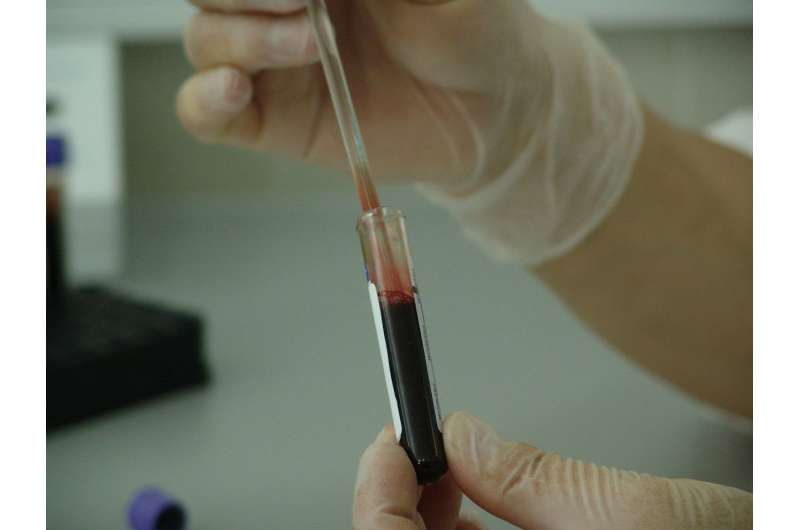January 30, 2020 report
Precancerous milestone discoveries improve clinical risk prediction and cancer prevention

A team of researchers affiliated with multiple institutions in Massachusetts has discovered some of the precancerous milestones that can lead to breast cancer in women with a BRCA2 gene mutation. In their paper published in the journal Science Advances, the group describes their detailed analysis of breast tissue taken from women with the mutation who elected to undergo a mastectomy, and what they found.
Prior studies have shown that women who have BRCA2 gene mutations have a 50 to 80 percent higher chance of developing breast cancer than women in the general population. Because of this, many women with the mutation elect to undergo prophylactic double mastectomies. But little is known about the process whereby a mutant BRCA2 evolves into an invasive malignancy.
In this new effort, the researchers sought to learn more about this process by carrying out genome sequencing on cells taken from breast tissue samples collected from more than two-dozen women who had undergone elective mastectomies. The researchers only included tissue samples from women who had not developed cancer and who had never undergone chemotherapy. Control tissue samples were collected from women who had undergone breast reduction surgery.
Prior to genome sequencing, the researchers used cell marker-based flow cytometry to separate and sort the cells by maturity and population sizes. The genetic profiles from the volunteers were then compared with profiles from samples collected from women who did not have the mutant gene. This allowed the researchers to see alterations in the profiles that were over-represented in cells with the mutation. They found sub-chromosomal aneuploidy in 25 percent of the mutation carriers. And by looking at epithelial cells they were able to see DNA damage that was not present in the control group cells. They also found that such damage resulted in a lessened apoptotic pathway and replications in checkpoint activity.
Taken together, the findings by the researchers suggest that the path to malignancy is a multistep process in which genetic changes accumulate during the early stages of development. The team will continue their research with the goal of tracking the process from beginning to end. They hope eventually to be able to provide women with mutant BRCA2 better advice on whether they should consider mastectomies or not.
More information: Mihriban Karaayvaz-Yildirim et al. Aneuploidy and a deregulated DNA damage response suggest haploinsufficiency in breast tissues of BRCA2 mutation carriers, Science Advances (2020). DOI: 10.1126/sciadv.aay2611
© 2020 Science X Network
















